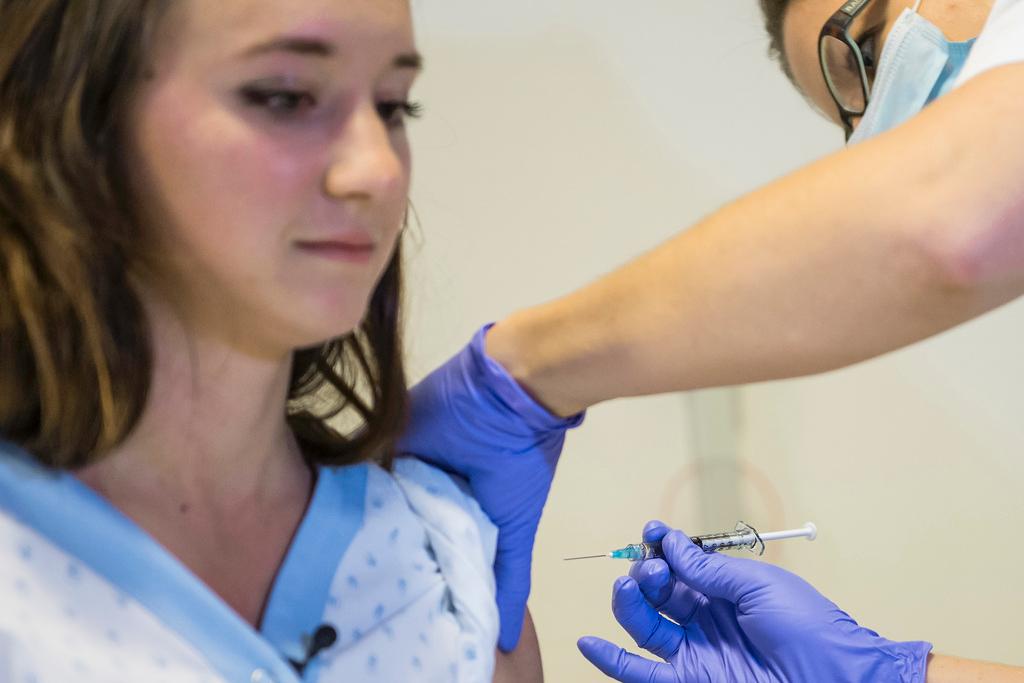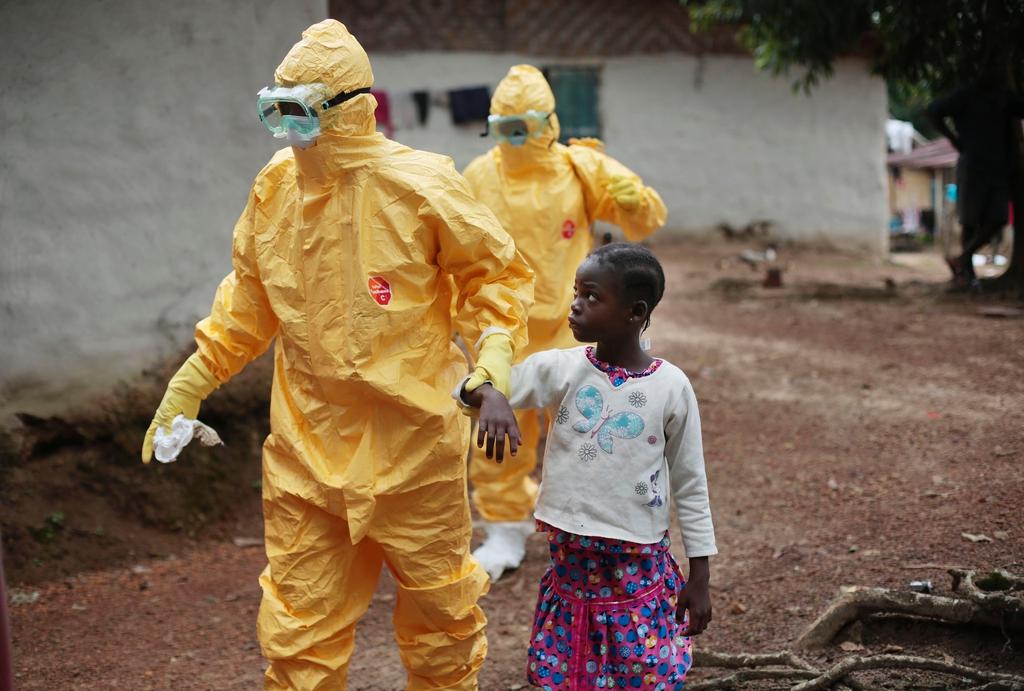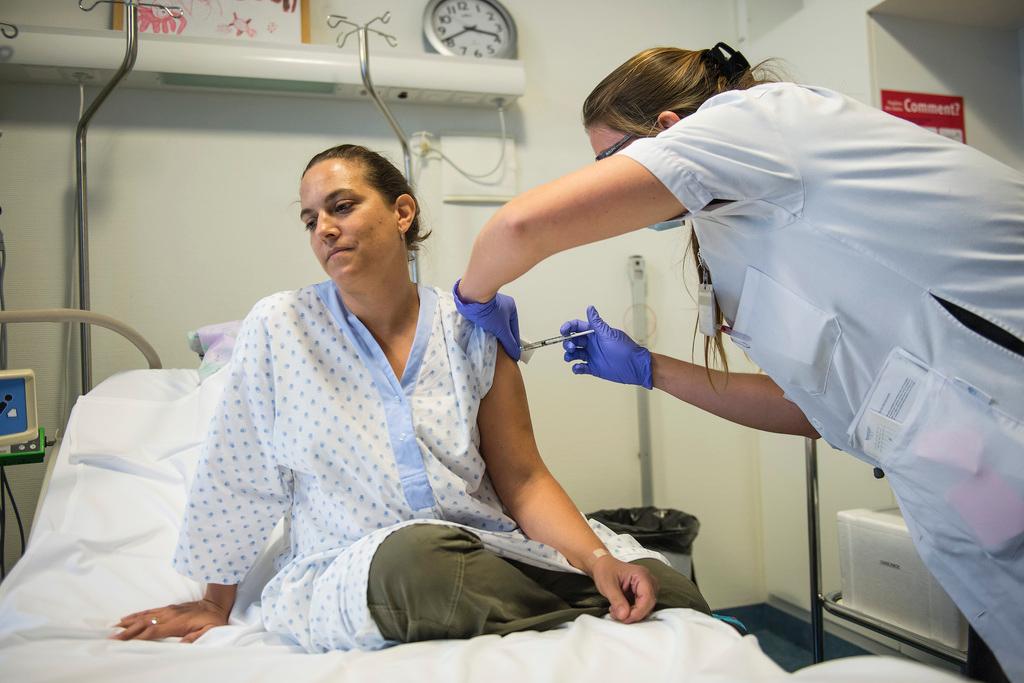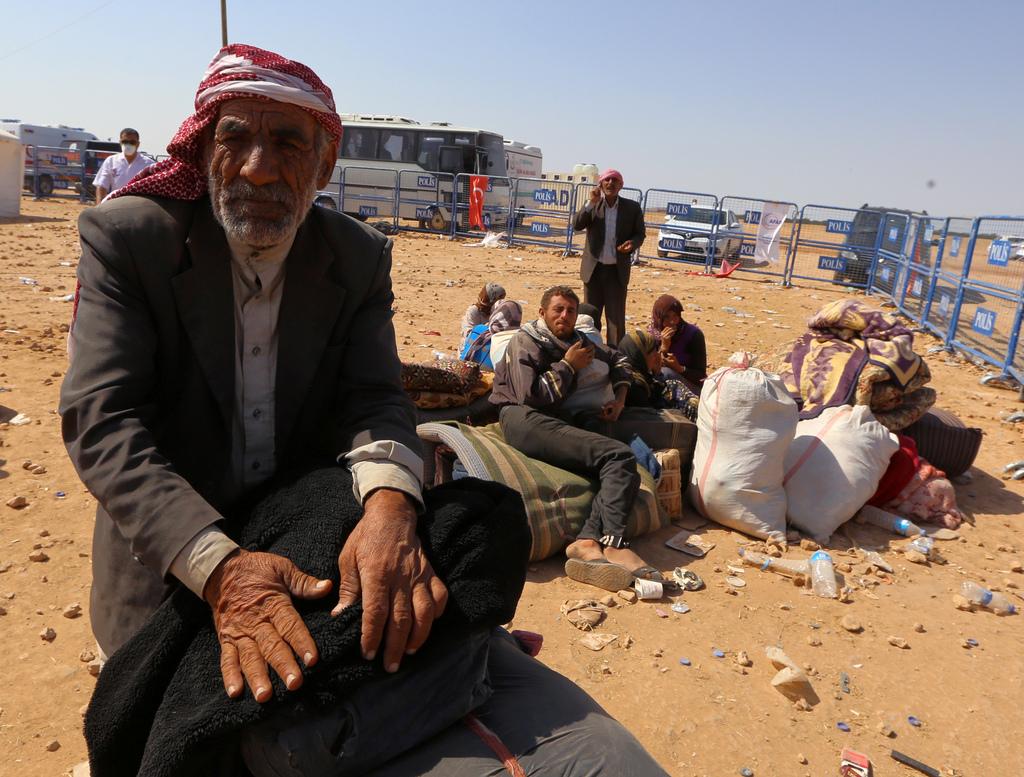Ebola vaccine trial suspended in Geneva

Swiss researchers have suspended the testing of one of the leading Ebola vaccine candidates as a precautionary measure after some volunteers reported unexpected side effects.
In a statement issued on Thursday, Geneva University Hospital said the trial had been suspended. The study, so far involving 59 people, began in November.
Researchers reported four cases of mild joint pain in the hands and feet of people who received the shot ten to 15 days earlier. Officials will stop giving the vaccine next week in order to get more data and liaise with others who are testing the vaccine in the United States, Canada, Germany and Gabon.
The vaccine was developed by Canada’s public health agency and is licensed to two US companies, NewLink and Merck. The trial is scheduled to resume in January in Geneva.
The Swiss Agency for Therapeutic Products, Swissmedic, approved a second vaccine for testing.
The second vaccine is produced by GlaxoSmithKline (GSK) and the US National Institute of Allergy and Infectious Diseases. Testing on approximately 120 healthy individuals began at the end of October at Lausanne University Hospital.
Mass immunisations
So far, the only human data on how well Ebola vaccines might work comes from the United States and Europe, with GSK’s shot proving safe and showing some efficacy, although not comprehensive protection. NewLink’s experimental shot had no serious side effects but caused some mild fever.
Scientists racing to develop vaccines against Ebola are trying to determine whether they can best fight the disease with a single injection or with two, a calculation that could determine how quickly and effectively a programme can be rolled out.
Administering two vaccines, one after the other, would almost certainly give far greater protection than a single shot against a deadly virus that has killed more than 6,000 people in West Africa this year.
But it would also make mass immunisations far more complicated in the worst-affected countries of Guinea, Liberia and Sierra Leone, where weak health systems have all but collapsed under the weight of the epidemic.

In compliance with the JTI standards
More: SWI swissinfo.ch certified by the Journalism Trust Initiative



You can find an overview of ongoing debates with our journalists here. Please join us!
If you want to start a conversation about a topic raised in this article or want to report factual errors, email us at english@swissinfo.ch.